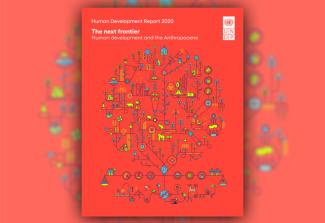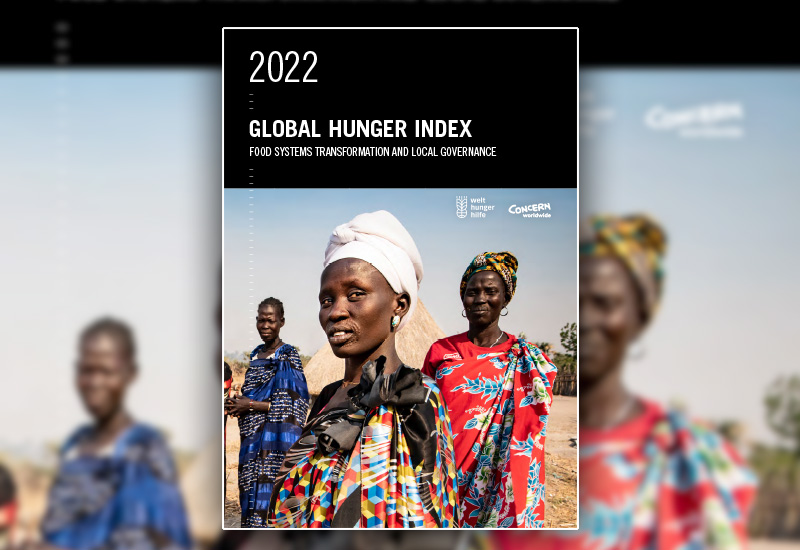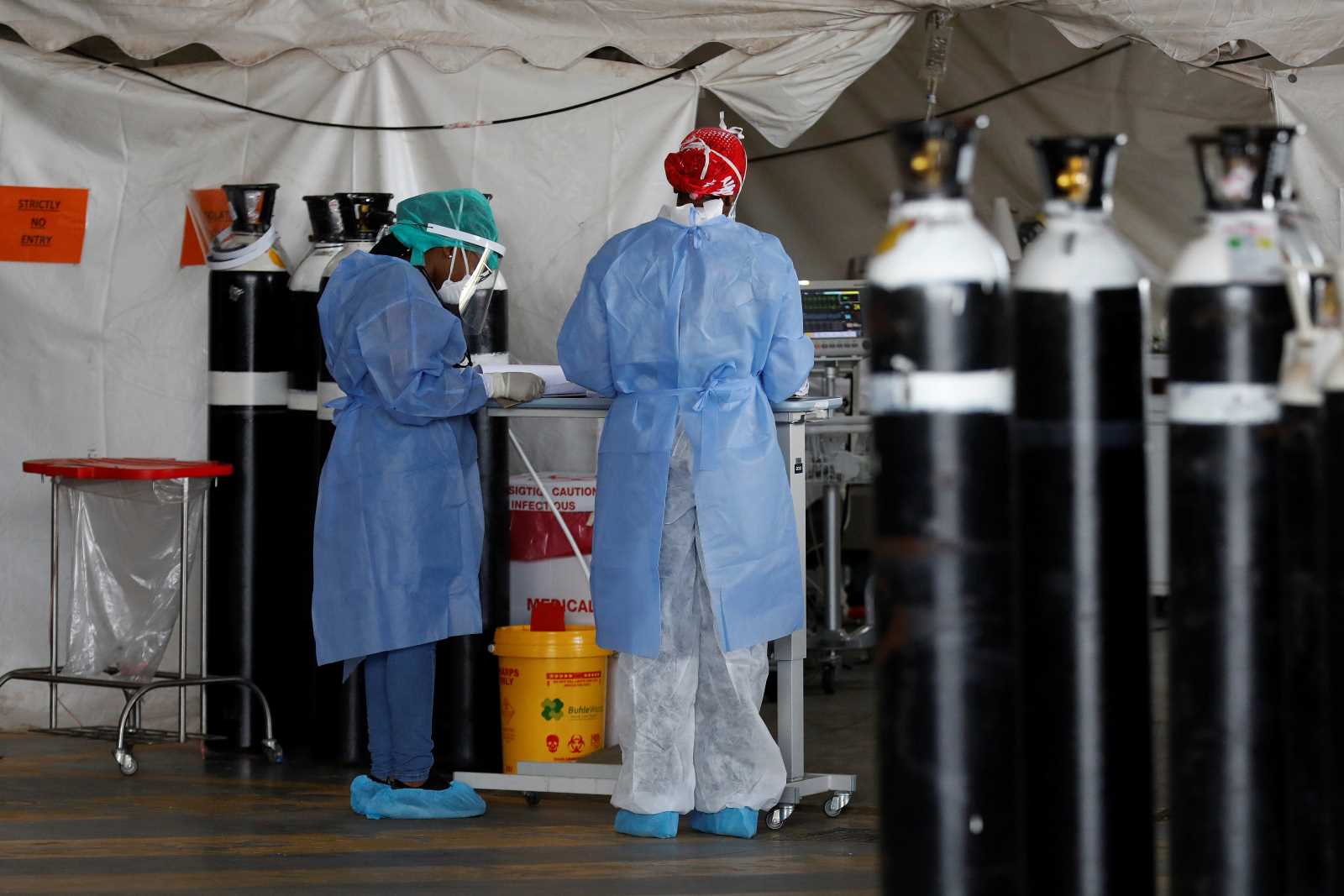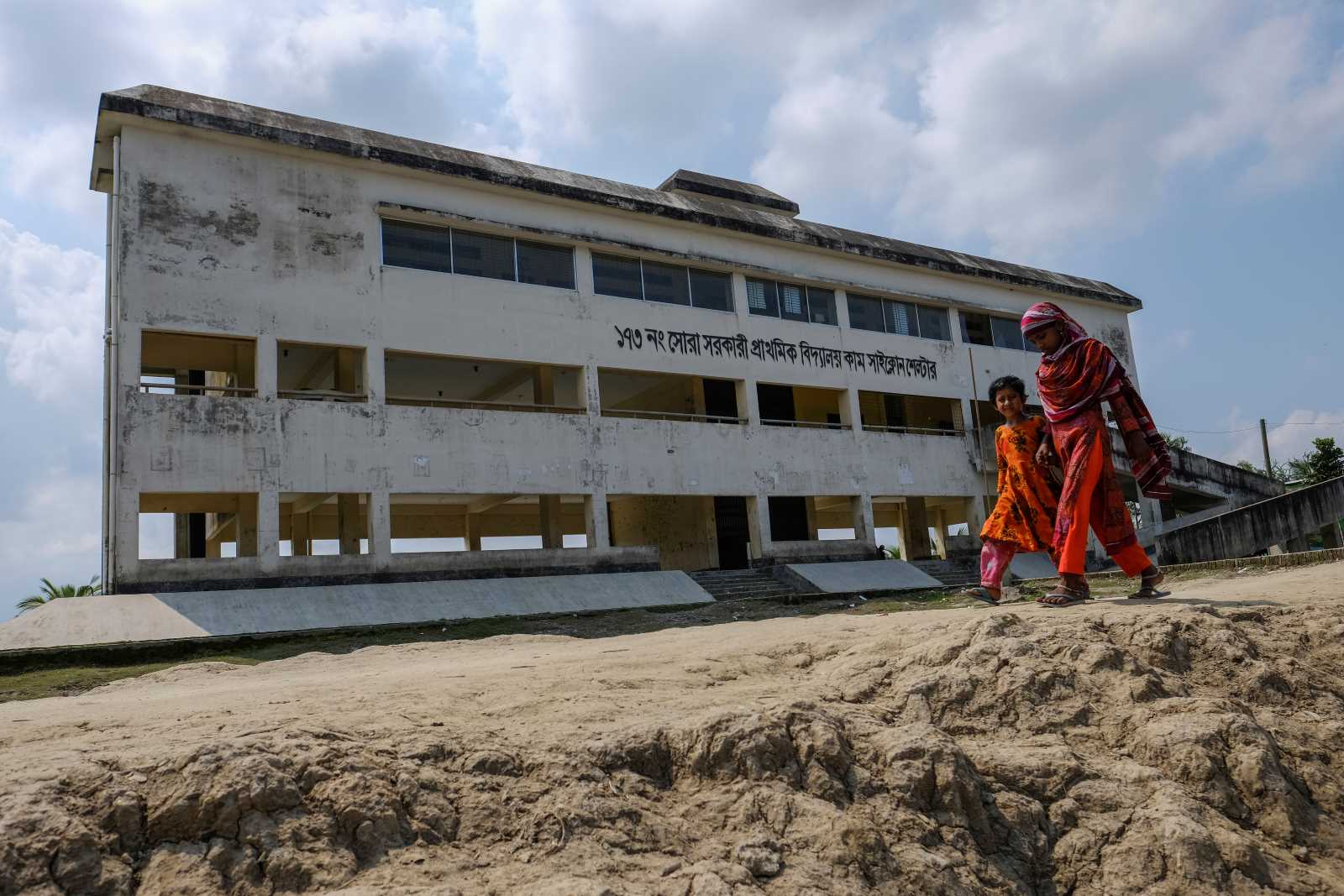Sustainability
Environmentally enhanced Human Development Index

The Covid-19 pandemic is holding humankind in its grip. Unless we change our approach to nature and reduce the impacts we have on ecosystems, further global crises will escalate. That is a core message of the Human Development Report 2020 (HDR), which the UN Development Programme (UNDP) recently published. The title is: “The next frontier – Human development and the Anthropocene”.
Indeed, human influence on the planet has become so strong that scholars now speak of a new geological era: the Anthropocene. In our times, human action has the greatest impact on the planet we live on, and change has become so dramatic that our species’ survival is at risk.
According to the UNDP, the climate crisis with its rising temperatures, melting glaciers and ever more frequent extreme weather poses the greatest danger. The social implications include worsening inequality. The UNDP experts demand a redefinition of progress, because they want the term to take into account greenhouse-gas emissions and the harm caused by consumerism. Accordingly, they have refined the well-known Human Development Index (HDI) in the most recent HDR: the Planetary-Pressures Adjusted HDI (PHDI) weighs each country’s HDI by its ecological footprint.
The HDI was first compiled in 1990. It is based on indicators for not only income, but also health and education. It therefore provides a more holistic picture of a country’s standard of living than mere per capita income does. The HDR 2020 includes the most latest edition of the HDI as well as the first ever edition of the PHDI.
Norway ranks first in the HDI, but because of its economy’s dependence on oil production, it drops to rank 16 in the PHDI. Australia comes in eighth in the HDI, but only 80th in the PHDI because of coal mining. Ireland is placed second in the HDI, but rises to the top slot in the PHDI.
However, the UNDP does not appear to be totally convinced by its new approach. The new ranking is not easy to find in the report, and the tables on page 241 ff do not list countries according to it, but only indicate the margin of how their position changes in the PHDI. Traditionally, the last pages of an HDR show the most important rankings, but the 2020 issue’s final section omits the PHDI.
So far, no country has achieved high human development without causing significant environmental harm, the report states. For development to become sustainable, the authors argue, it must be steered in a different direction and that will require new norms and values. In their eyes, policymakers must set different goals and ensure that incentives serve the achievement of those goals. The big challenge is to take decisions in ways that serve human welfare without breaching planetary boundaries.
The HDR points out several destructive trends. For example, various countries are still subsidising fossil fuels which harm the climate. Referring to the International Monetary Fund, the UNDP notes that global carbon emissions in 2020 would have been 28 % lower had such subsidies been eliminated completely in 2015. Moreover, the number of people who died because of air pollution would have been reduced by 46 %.
Afforestation and smarter forestry can contribute about a quarter to the measures humanity must implement before 2030 to limit global warming to 2° at most, the HDR 2020 states. This is considered to be one of many examples of how human and environmental health are systemically linked.
The authors write that the poorest people are particularly exposed to the impacts of environmental change. At the same time, those people have contributed least to making that change happen. According to the HDR, it is essential to reduce inequality both within countries and among countries. True human development must improve the lot of poor and disadvantaged people, empowering them to have a say in future developments.













